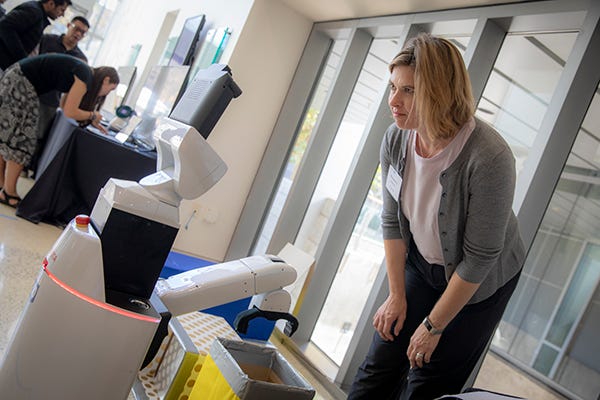
Introduction
The stethoscope has been a symbol of medical practice for over 200 years. But with artificial intelligence (AI) rapidly advancing, could this iconic tool become obsolete? As AI-powered diagnostics grow more accurate, doctors face a critical question: Is AI ready to take over, or will it remain an assistant rather than a replacement?
AI in Medicine: A Game-Changer or Just an Assistant?
AI has already made significant strides in healthcare, from detecting tumors in radiology to predicting patient outcomes. Some key areas where AI outperforms traditional methods include:
- Faster Diagnoses: AI algorithms analyze medical images and data in seconds, spotting abnormalities human eyes might miss.
- Predictive Analytics: Machine learning models can forecast disease progression, helping doctors intervene earlier.
- Remote Monitoring: Wearables and AI enable continuous patient tracking, reducing hospital visits.
However, despite these advancements, AI still lacks the human touch—empathy, intuition, and complex decision-making based on patient history and context.
Challenges AI Must Overcome
While AI shows promise, several hurdles remain:
- Regulatory Approval: Medical AI tools require rigorous testing before widespread adoption.
- Data Bias: AI models trained on limited datasets may produce inaccurate results for diverse populations.
- Doctor-Patient Trust: Many patients still prefer human judgment over machine recommendations.
- Integration with Workflows: Doctors need seamless AI tools that enhance—not disrupt—their practice.
Doctors’ Perspectives: Threat or Tool?
Many physicians see AI as a valuable assistant, not a replacement. Dr. Jane Smith, a cardiologist, explains:
“AI can flag potential issues, but it can’t sit with a patient, understand their fears, or make judgment calls based on years of experience.”
Others worry about over-reliance on technology, fearing it could erode clinical skills.
The Future: Collaboration Over Replacement
Rather than stealing stethoscopes, AI is more likely to augment doctors’ abilities. The ideal future? A partnership where:
- AI handles data-heavy tasks (e.g., scans, lab results).
- Doctors focus on patient care, interpretation, and emotional support.
Conclusion
AI won’t make stethoscopes disappear overnight, but it will reshape how medicine is practiced. The best outcomes will come from combining AI’s precision with doctors’ expertise—ensuring faster, smarter, and more compassionate care.




